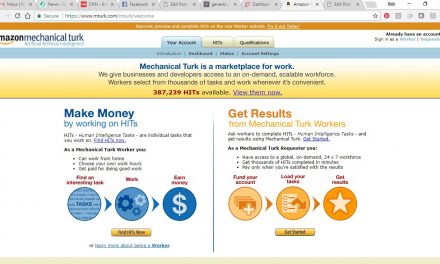When you outsource, it is important to keep regulatory considerations in mind. Outsourcing can bring many benefits to your business. But it can also lead to legal issues if the necessary regulations are not considered and followed. It is essential to understand the legal and regulatory considerations of outsourcing. That way you can ensure compliance and protect your business.
Federal Regulations
When considering outsourcing, there are numerous federal regulations that must be taken into account. First, any company planning to outsource services must comply with the Fair Labor Standards Act (FLSA). This ensures that all employees are being paid and treated fairly. This includes payment of minimum wages, overtime pay, and proper record keeping. Additionally, the Occupational Safety and Health Administration (OSHA) enforces safety standards for employees and employers must provide a safe working environment. Furthermore, the U.S. Department of Labor also oversees labor laws in regards to foreign workers. It is important to comply with the proper visa and work permit requirements. Lastly, anti-discrimination laws enforced by the Equal Employment Opportunity Commission must be adhered to when making decisions regarding who to hire and how to treat them. Companies should be mindful of these regulations when planning to outsource services.
State Regulations
When it comes to outsourcing, understanding state regulations can be one of the most complex aspects of ensuring compliance. There are many different state laws that may affect the outsourcing process.
For example, some states have laws governing the terms of employee contracts and the protection of intellectual property rights. In some states, such as California, there are also specific regulations about the amount of time an employee can work. Additionally, there may be regulations related to trade secrets or labor standards.
Another important aspect of state regulations is taxation. If a company is outsourcing work to another state, they must be aware of any applicable taxes that may apply. Additionally, there may be rules related to how much income tax must be withheld from employees working in different states.
Finally, states often have regulations related to workers’ compensation and unemployment insurance. Companies need to be aware of these laws. And make sure they are in compliance when outsourcing work to other states.
In summary, it is important to understand all applicable state regulations when outsourcing work to ensure compliance. Knowing the regulations will help a business remain in good standing with the law and reduce their risk of legal issues.
Local Regulations
When considering the legal and regulatory considerations of outsourcing, it is important to take into account local regulations as well. Many cities, counties, and municipalities have their own ordinances and regulations that businesses must comply with. Depending on the type of business and the services being outsourced, local rules may be applicable and need to be taken into consideration.
For instance, if you are a small business in a town with a minimum wage law, you will want to make sure that your outsourced workers are being paid according to the local minimum wage requirement. You may also need to comply with any special licensing requirements that the local jurisdiction may impose on businesses operating within its boundaries. Additionally, any laws and regulations regarding the health and safety of employees or environmental regulations may also need to be taken into account.
Finally, if you plan on subcontracting any of the services you are outsourcing, you need to make sure that they are also aware of and compliant with the local regulations in effect. This will ensure that your business is operating within the bounds of the law, and also help protect you from any potential liability or legal issues that may arise.









